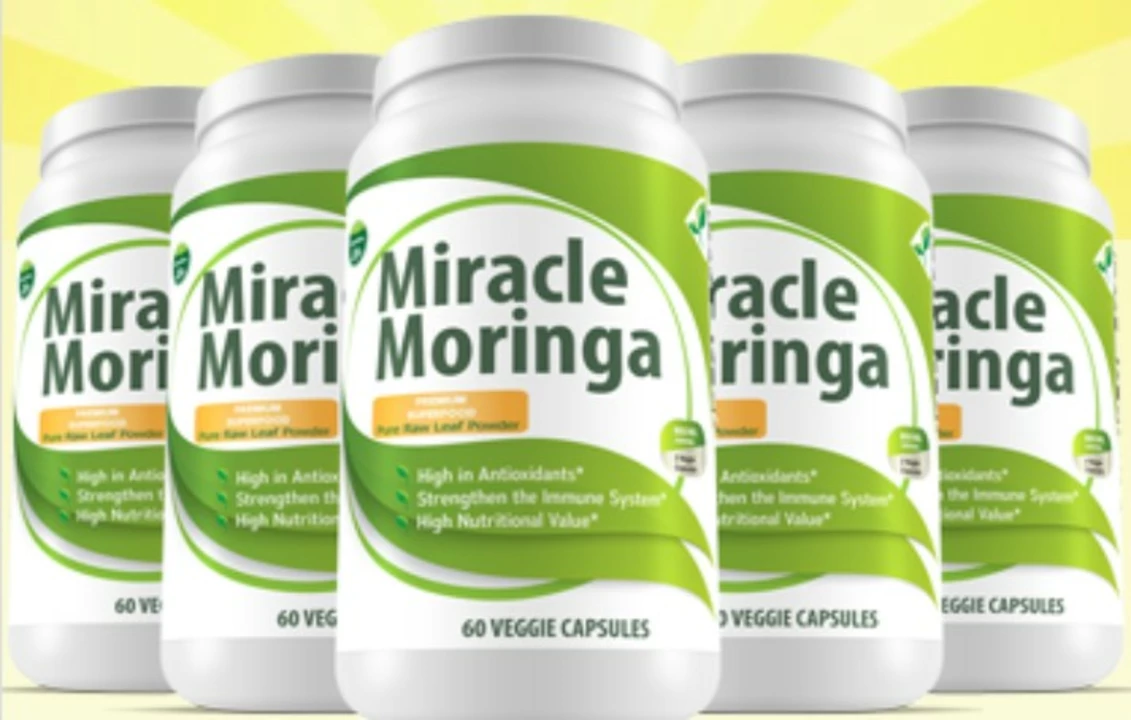Knotweed Supplement: Uses, Benefits, and Buying Tips
Knotweed supplements come from plants like Japanese knotweed (Polygonum cuspidatum). People take them mainly for resveratrol and related plant compounds that support heart health, inflammation control, and antioxidant protection. If you're curious whether knotweed pills or extracts make sense for you, this short guide gives clear, practical info and simple buying tips.
What knotweed supplements contain
Most knotweed supplements are standardized extracts rich in resveratrol. Resveratrol is a well-known plant compound linked to antioxidant activity. Knotweed can also contain other bioactives such as emodin and polydatin. These compounds work differently: resveratrol is often studied for blood vessel and metabolic effects, while polydatin may affect absorption and stability. Manufacturers may sell pure resveratrol from knotweed, full-spectrum extracts, or blends with other herbs and vitamins.
Not every product is the same. Check labels for the percent of resveratrol or polydatin per dose, and whether the extract is standardized. Third-party testing seals (USP, NSF, or independent labs) are a good sign. Avoid vague labels that only list “herbal extract” without amounts.
Safety, dosage and buying tips
Typical resveratrol doses in studies range from low hundreds of milligrams to a few grams per day, but real-world products usually supply 100–500 mg per capsule. Follow the label and talk to your healthcare provider before starting, especially if you take blood thinners, have hormone-sensitive conditions, or are on prescription medications. Resveratrol can affect drug metabolism and may increase bleeding risk when combined with anticoagulants or NSAIDs.
Common side effects are mild and include stomach upset or loose stools. If you notice unusual bleeding, dizziness, or severe gastrointestinal symptoms, stop taking the supplement and seek medical advice. Pregnant or breastfeeding people should avoid knotweed supplements unless advised by a clinician.
When buying, prefer brands that list the botanical name (Polygonum cuspidatum or Reynoutria japonica), disclose active compound levels, and provide third-party lab results. Choose full-spectrum extracts if you want a mix of compounds, or pure resveratrol if you need a specific dose. Pharmacy-grade suppliers and trusted supplement companies usually offer clearer labeling and better quality control than unknown marketplaces.
Want to compare knotweed to other natural options? Our site covers garlic extract, cinnamon, fenugreek, and other herbal supplements that target similar goals like metabolic health and inflammation. Browse product reviews and the forum to see user experiences, but use them as one piece of your decision—real safety comes from talking with a healthcare professional.
If you decide to try knotweed, start at the lowest recommended dose, watch for side effects, and keep your doctor informed. Done right, a knotweed supplement can be a useful tool in a broader health plan that includes diet, exercise, and regular medical care.
Quick checklist before you buy: confirm the botanical name, check resveratrol or polydatin amounts, look for third-party testing, read reviews from verified buyers, and consult your clinician if you take other drugs. Keep receipts and batch numbers in case you need to report side effects or request lab certificates. Save the product label.

Boost Your Immunity and Overall Health with the Miraculous Knotweed Supplement
I recently discovered a miraculous supplement called Knotweed that can significantly boost our immunity and overall health. Knotweed is packed with amazing nutrients like resveratrol, which has powerful antioxidant properties. I've noticed increased energy levels and improved skin health since I started taking it. It's also said to help with heart health and protect against certain cancers. I highly recommend giving Knotweed a try for a natural way to strengthen your immune system and enhance your well-being.
- Drug Information (69)
- Health and Wellness (59)
- Medical Conditions (22)
- Pharmacy Information (22)
- Supplements (4)
- Diabetes (4)
- Travel Health (3)
- Mental Health (3)
- Heart Health (2)
- Parenting (2)
-
Aspirin with Other Blood Thinners: What You Need to Know About Bleeding Risks
8 Jan 2026 -
Why Some Brand-Name Drugs Have No Generic Alternatives
11 Jan 2026 -
Womenra (Sildenafil) vs Other ED Pills - Benefits, Cost & Side Effects
25 Sep 2025 -
Safe Ways to Order Tofranil Online
15 Jan 2025 -
Lifestyle Over Statins: Diet, Exercise, and Natural Alternatives to Lower LDL
23 May 2025

10.05.23
Alistair Mukondiwa
9